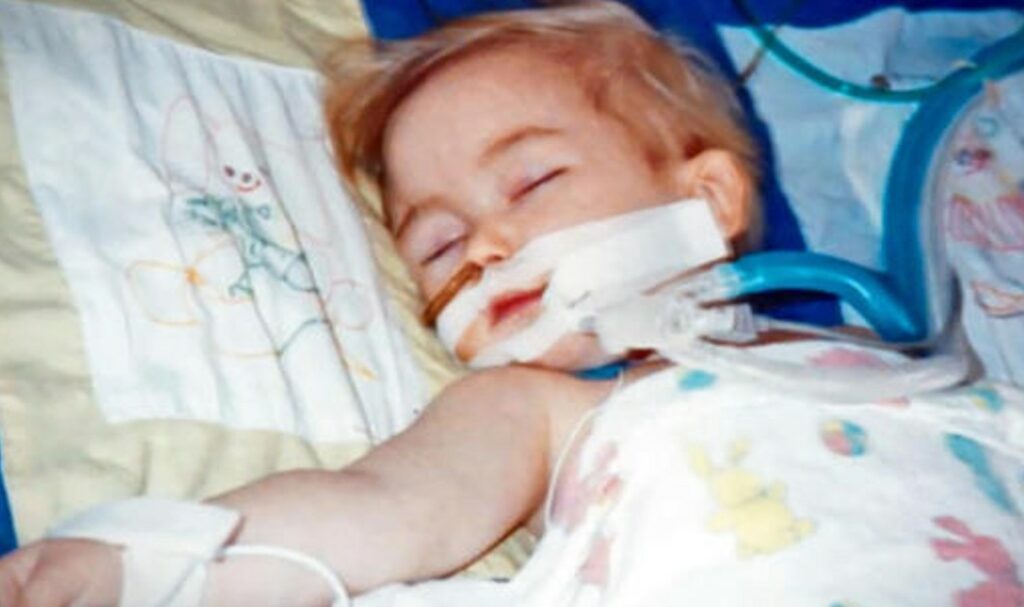A father, whose son died due to an E. coli infection, is warning others about the biggest food safety mistake people make. He is sharing his story to raise awareness about the dangers of foodborne illness and to encourage others to be more careful when it comes to handling and preparing food.
E. coli is a type of bacteria that can cause serious health problems, including kidney failure and even death. It is commonly found in contaminated beef, but it can also be present in other foods such as vegetables and fruit.
The father’s son became sick after eating contaminated food and, despite receiving medical treatment, he eventually passed away. This tragedy has led the father to educate others about the importance of food safety and how to prevent foodborne illness.

One of the biggest mistakes people make when it comes to food safety is not washing their hands properly. It’s important to wash your hands with soap and water for at least 20 seconds before and after handling food. This helps to remove any bacteria or viruses that may be present on your hands and reduce the risk of cross-contamination.
Another common mistake is not cooking food to the appropriate temperature. To kill bacteria and viruses, it’s important to cook meat, poultry, and eggs to the recommended internal temperature. For example, beef, pork, and lamb should be cooked to 145°F, while poultry should be cooked to 165°F.
It’s also important to properly store food, especially perishable items like raw meat and dairy products. These should be stored at or below 40°F and consumed within their expiration dates.
Additionally, it’s important to clean and sanitize all surfaces, utensils, and cutting boards that come into contact with food. This helps to prevent cross-contamination and reduce the risk of foodborne illness.
In conclusion, the father’s tragedy serves as a reminder of the importance of food safety and the potential consequences of not following proper food handling and preparation practices. By following these guidelines, individuals can help to prevent foodborne illness and protect themselves and their families.




